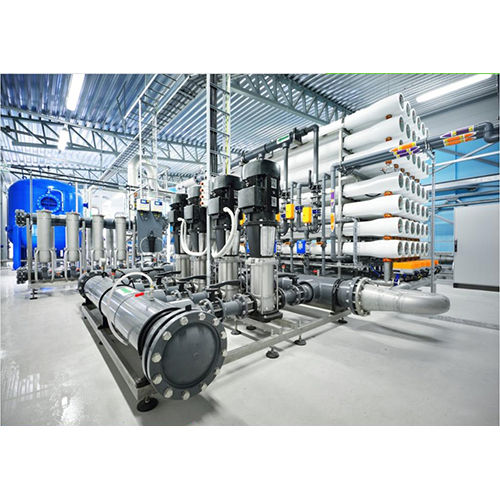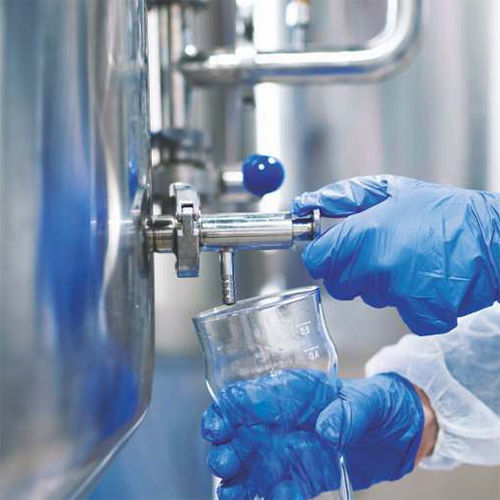Industrial RO Plant
Product Details:
- Usage Industrial
- Product Type Industrial RO Plant
- Size Standard
- Automation Automatic
- Warranty 1 Years
- Click to View more
X
Industrial RO Plant Price And Quantity
- 1 Piece
Industrial RO Plant Product Specifications
- Automatic
- 1 Years
- Industrial RO Plant
- Industrial
- Standard
Industrial RO Plant Trade Information
- 30-45 Days
Product Description
RO stands for Reverse Osmosis, and an RO plant is a water purification system that uses a semipermeable membrane to remove ions, molecules, and larger particles from water. Heres a brief overview of how it works:
Filtration: Water is passed through a series of pre-filters to remove larger particles, sediment, and impurities.
Reverse Osmosis: The pre-filtered water is then forced through a semipermeable membrane under high pressure. This membrane allows water molecules to pass through while blocking contaminants like salts, heavy metals, bacteria, and viruses.
Product and Reject Streams: As the water passes through the membrane, it separates into two streams: the purified water (product stream) and the concentrated contaminants (reject stream).
Post-treatment: The purified water may undergo further treatment steps, such as remineralization or disinfection, to improve taste and quality.
RO plants are widely used for drinking water purification, desalination of seawater, wastewater treatment, and various industrial applications. They are known for their effectiveness in producing high-quality, clean water, making them essential in areas where access to safe drinking water is limited or where water quality standards are stringent.
FAQs of Industrial RO Plant:
Q: What is the automation type of the Industrial RO Plant?
A: The Industrial RO Plant is fully automatic.Q: What is the size of the Industrial RO Plant?
A: The size of the Industrial RO Plant is standard.Q: What is the warranty period for the Industrial RO Plant?
A: The warranty period for the Industrial RO Plant is 1 year.Q: What is the recommended usage for the Industrial RO Plant?
A: The Industrial RO Plant is designed for industrial usage.Tell us about your requirement

Price:
Quantity
Select Unit
- 50
- 100
- 200
- 250
- 500
- 1000+
Additional detail
+91
Email
 English
English Spanish
Spanish French
French German
German Italian
Italian Chinese (Simplified)
Chinese (Simplified) Japanese
Japanese Korean
Korean Arabic
Arabic Portuguese
Portuguese






 Call Me Free
Call Me Free
